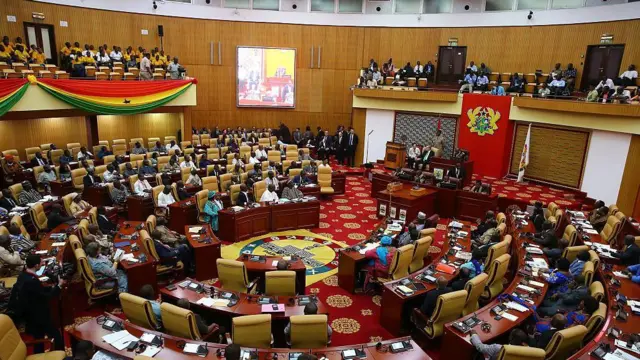Warnings are mounting as Rachel Reeves prepares to deliver her first budget on October 30, with the Institute for Fiscal Studies (IFS) suggesting she may need to raise up to £25 billion in taxes to prevent a return to austerity.
The IFS cautioned that any changes to the borrowing rules currently under consideration by the Treasury would do “almost nothing” to alleviate the challenge of financing public services.
Reeves, who pledged to cover day-to-day expenses through revenues, could still be forced to raise taxes in order to avoid spending cuts and keep her promise of borrowing only for investment. As the pressure mounts, the chancellor has acknowledged that “tough decisions” will be made in the budget but insists the country will not see a return to austerity.
The concern comes at a time when there are increasing fears that Reeves’ potential fiscal overhaul, aimed at unlocking £50 billion in extra spending, could unsettle the markets and trigger a repeat of the financial turbulence caused by Liz Truss’ mini-Budget in 2022.
Rising Yields Signal Investor Anxiety
While Downing Street has vowed to “absolutely deliver” on its commitment to restore economic stability, some financial experts warn that Reeves’ plans could spark backlash from investors.
Nigel Green, CEO of deVere Group — one of the world’s largest independent financial advisory firms — pointed to a recent rise in UK gilt yields, a key indicator of investor confidence, which has climbed from 3.75% to around 4.2% in the weeks leading up to the budget.

“This rise, a clear signal that investors are offloading government debt, indicates growing concerns that the chancellor may prioritize fiscal stimulus over long-term sustainability,” Green explained. He also cautioned that “if Reeves doesn’t tread carefully, we could see a repeat, albeit to a lesser degree, of the panic that followed Truss’s mini-Budget.”
The market chaos sparked by Truss, who introduced unfunded tax cuts in 2022, saw gilt markets plummet and a sharp decline in the value of sterling, leaving lasting effects on the UK economy.
Despite these warnings, the Prime Minister’s official spokesperson dismissed concerns that the government’s plans would lead to similar market instability.
In response to suggestions that a change to the fiscal rules could cause Truss-style chaos, the spokesperson asserted: “Obviously, I wouldn’t accept that characterization.”
Challenges Mount for Reeves’ Fiscal Plan
In its Green Budget report, the IFS stated that Reeves’ first budget could be “the most consequential since at least 2010.”
The report, backed by economic forecasting from Citi and funded by the Nuffield Foundation, estimated that if Reeves maintains public service spending, she would need to raise £16 billion in additional taxes to stay on course to balance the budget by 2028-29.
This would be in addition to the £9 billion in tax hikes already outlined in Labour’s manifesto, bringing the total to nearly £25 billion.
However, Reeves faces a difficult path, as Labour’s manifesto pledges not to raise income tax, corporation tax, National Insurance, or VAT — leaving limited avenues for generating the required revenue.
The challenge was further highlighted when Sir Keir Starmer, leader of the Labour Party, recently declined to clarify whether his promise not to raise National Insurance applied to both employees and employers. His spokesperson later refused to rule out potential National Insurance hikes for businesses.
READ ALSO: Cudjoe Critiques Labour Leaders on Failed Fight Against Illegal Mining





















